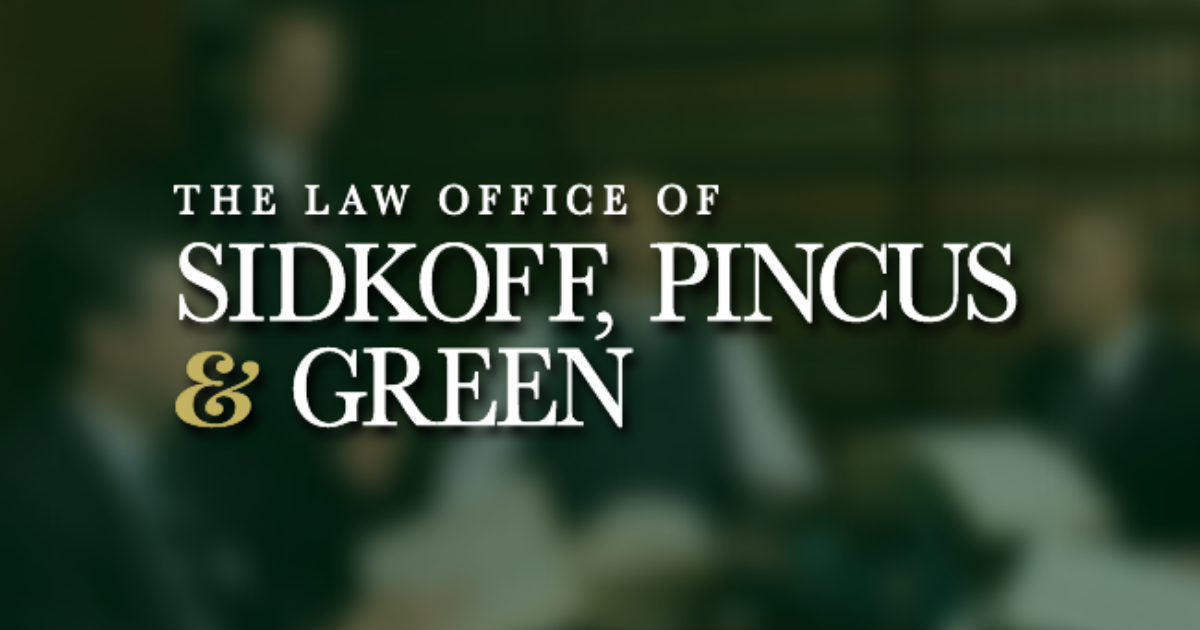Wrongful Termination: How to Recognize it and What to Do About it

Wrongful termination is an unfortunate reality. Wrongful termination occurs when an employee is fired or laid off for illegal reasons or violates a contract. Some common examples of wrongful termination include:
- Discrimination based on race, gender, age, disability, or other protected characteristics.
- Retaliation for reporting harassment, discrimination, or other workplace misconduct.
- Breach of an employment contract.
- Firing an employee for exercising their legal rights, such as taking medical leave or filing a Workers’ Compensation claim.
Recognizing Wrongful Termination
Wrongful termination can be challenging to identify, as employers often try to disguise it as a legitimate dismissal. Here are some warning signs that may indicate wrongful termination:
- Sudden or unexpected termination without a clear reason.
- Negative treatment or comments about your protected characteristics, such as race or gender.
- Retaliation after reporting workplace misconduct.
- Dismissal shortly after exercising your legal rights.
If you suspect you have been wrongfully terminated, you must talk to an HR representative or a trusted supervisor to discuss your concerns.
What to Do About Wrongful Termination?
If you believe you have been wrongfully terminated, there are several steps you can take to protect your rights and seek justice:
· Consult with an employment lawyer: An experienced employment lawyer can help you understand your rights, evaluate your case, and guide you through seeking compensation or reinstatement.
· File a complaint with a government agency: In the United States, you can file a complaint with the Equal Employment Opportunity Commission (EEOC) or your state’s labor department. These agencies investigate wrongful termination claims and may help you negotiate a settlement or pursue legal action.
· Negotiate a severance package: In some cases, you may be able to negotiate a severance package with your employer. This could include financial compensation, continuation of benefits, or other terms that can help you transition to a new job.
Wrongful termination can be difficult and complex, but understanding your rights and taking appropriate action can help you achieve justice. If you suspect you have been wrongfully terminated, seek legal advice and explore your options.
Possible Damages for Wrongful Termination
When a person has been wrongfully terminated, they may be entitled to various types of damages, depending on the circumstances of their case and the applicable laws in their jurisdiction. Some potential damages that an individual could receive include:
- Back pay: Compensation for lost wages from the date of termination until the date of judgment or reinstatement. This includes salaries, bonuses, commissions, and other income the employee would have earned during this period.
- Front pay: Compensation for future lost wages in cases where reinstatement is not possible or appropriate. This is usually awarded when it is determined that the employee will face difficulty finding a comparable job due to the wrongful termination.
- Loss of benefits: Compensation for the value of lost employment benefits, such as health insurance, retirement plans, and stock options.
- Emotional distress: Compensation for the emotional pain and suffering caused by the wrongful termination. This may include damages for anxiety, depression, humiliation, or other psychological impacts.
- Punitive damages: Awarded in cases where the employer’s conduct was particularly egregious or malicious to punish the employer and deter similar behavior in the future.
- Reinstatement: In some cases, the court may order the employer to reinstate the wrongfully terminated employee to their former position.
- Attorney fees and costs: If the employee prevails in their wrongful termination claim, they may be awarded attorney fees and other legal expenses associated with pursuing their case.
- Other damages: Depending on the specific circumstances of the case, additional damages may be awarded, such as compensation for damage to the employee’s professional reputation, job search expenses, or relocation costs.
Philadelphia Employment Lawyers at Sidkoff, Pincus & Green P.C. Can Protect Your Rights if You Have Been Wrongfully Terminated
Wrongful termination can happen in various ways. If you think you have been wrongfully terminated, speak with our Philadelphia employment lawyers at Sidkoff, Pincus & Green P.C. to discuss your potential legal options. Call us at 215-574-0600 or contact us online to schedule a consultation. Located in Philadelphia, we proudly serve clients in Pennsylvania and New Jersey.

















 A federal judge recently ordered Lloyd Industries to pay the largest punitive award ever given under the Occupational Safety and Health Act (“OSH Act”) after two employees were
A federal judge recently ordered Lloyd Industries to pay the largest punitive award ever given under the Occupational Safety and Health Act (“OSH Act”) after two employees were 